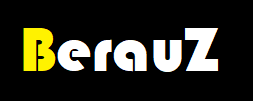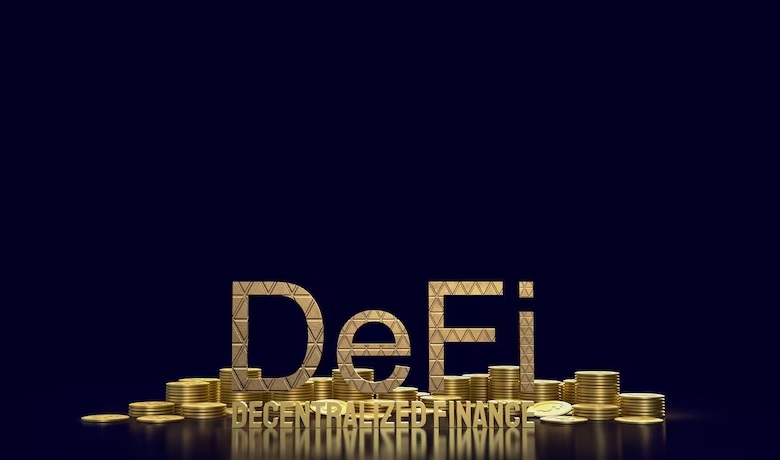In today’s ever-changing financial landscape, decentralized finance (DeFi) has emerged as an innovative concept that seeks to transform traditional economic systems. DeFi aims to create a financial ecosystem that is open, transparent, and accessible to individuals worldwide with the help of blockchain technology.
The total market capitalization of cryptocurrencies built on blockchain technology reached several trillion dollars in 2021.
From lending and borrowing to decentralized exchanges, DeFi offers a range of applications that have the potential to reshape the process we interact with money. Let’s understand the pros and cons of DeFi, examining its advantages, risks, and the exciting possibilities it presents for the future of finance.
Are you seeking a trading platform that takes your trading experience to the next level and empowers you to achieve unparalleled success? Look no further than Immediate Edge. Our cutting-edge trading platform is meticulously designed to provide the tools and features you need to excel in the trading world.
First, understand what DeFi is.
Decentralized Finance (DeFi):
Decentralized finance, or DeFi, refers to a new paradigm in the financial industry that leverages blockchain technology to create open and permissionless economic systems. Unlike traditional centralized financial institutions, DeFi operates on a decentralized network, enabling individuals to access financial services without intermediaries.
The Pros of Decentralized Finance:
Accessibility and Financial Inclusion:
Traditional financial systems often exclude individuals with limited access to banking services or those residing in underdeveloped regions. DeFi, on the other hand, operates globally, allowing anyone with an internet connection to participate.
Enhanced Security and Transparency:
Transactions recorded on the blockchain are immutable, making it extremely difficult for malicious actors to tamper with or alter the data. Additionally, the decentralized nature of DeFi eliminates the risk of a single point of failure, making it more resistant to hacking and cyber-attacks.
Elimination of Middlemen and Reduced Costs:
Traditional financial intermediaries like banks and brokers often add complexity and fees to transactions. DeFi eliminates the need for intermediaries by leveraging smart contracts, which automatically execute and enforce the terms of agreements. This reduces intermediary costs, resulting in lower transaction fees and more efficient financial services.
Programmable Money and Smart Contracts:
DeFi introduces the concept of programmable money through smart contracts. Smart contracts enable the automation of financial processes, eliminating the need for manual intervention. They can automatically execute transactions, distribute funds, and enforce predefined conditions.
Innovation and Experimentation:
DeFi has sparked a wave of innovation and experimentation in the financial industry. Developers and entrepreneurs can build and launch new decentralized applications, pushing the boundaries of what is possible in finance.
These benefits make DeFi a reliable and promising financial ecosystem. However, it’s essential also to understand and address some of the cons and challenges associated with decentralized finance.
The Cons and Risks of Decentralized Finance:
Smart Contract Vulnerabilities:
Errors or bugs in the code can lead to significant financial losses. Hackers can exploit these vulnerabilities to manipulate or steal funds. Developers and auditors must conduct thorough security audits and implement robust testing protocols to minimize the risks associated with smart contract vulnerabilities.
Regulatory and Compliance Challenges:
As DeFi applications handle financial transactions and user funds, regulatory authorities are exploring ways to ensure consumer protection, prevent money laundering, and maintain financial stability. Striking the right balance between innovation and regulatory oversight is essential for the sustainable growth of DeFi.
Volatility and Market Risks:
Cryptocurrencies, integral to DeFi, are known for their price volatility. This volatility can impact the value of assets held within DeFi protocols, resulting in potential participant losses. Additionally, the decentralized nature of DeFi means that market manipulation can occur, exacerbating price fluctuations. Investors and users should be aware of the inherent risks associated with volatile markets and make informed decisions.
Lack of User Education and Awareness:
The lack of user education and awareness poses a risk as individuals may unknowingly expose themselves to scams or make uninformed decisions.
Scalability Issues:
As the popularity of DeFi grows, scalability becomes a pressing concern. The current blockchain infrastructure may need help to handle the increasing number of transactions and user activity efficiently. Network congestion and high transaction fees can hinder the widespread adoption and usability of DeFi. Ongoing research and development efforts are focused on addressing scalability challenges to ensure the scalability and accessibility of DeFi platforms.
Conclusion:
Decentralized finance (DeFi) brings exciting opportunities to reshape the financial industry, offering accessibility, security, and innovation. However, it is essential to acknowledge the risks and challenges associated with this evolving ecosystem. With the help of smart platforms such as Immediate Edge, individuals can seamlessly engage with blockchain technology and explore the world of cryptocurrencies.
With careful attention, collaboration, and continued advancements, decentralized finance has the potential to revolutionize the way we interact with money, empowering individuals and fostering financial inclusion on a global scale.
















